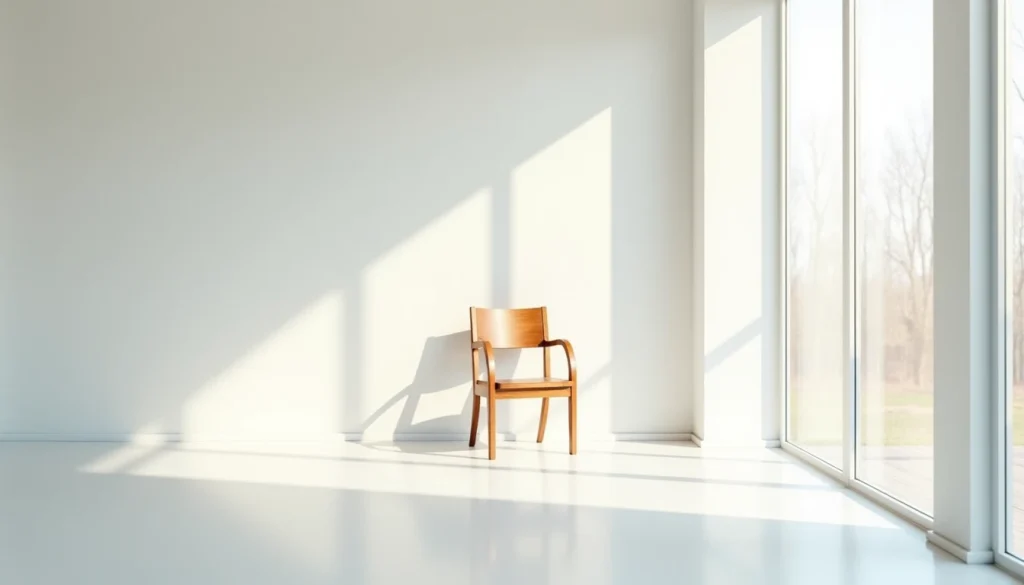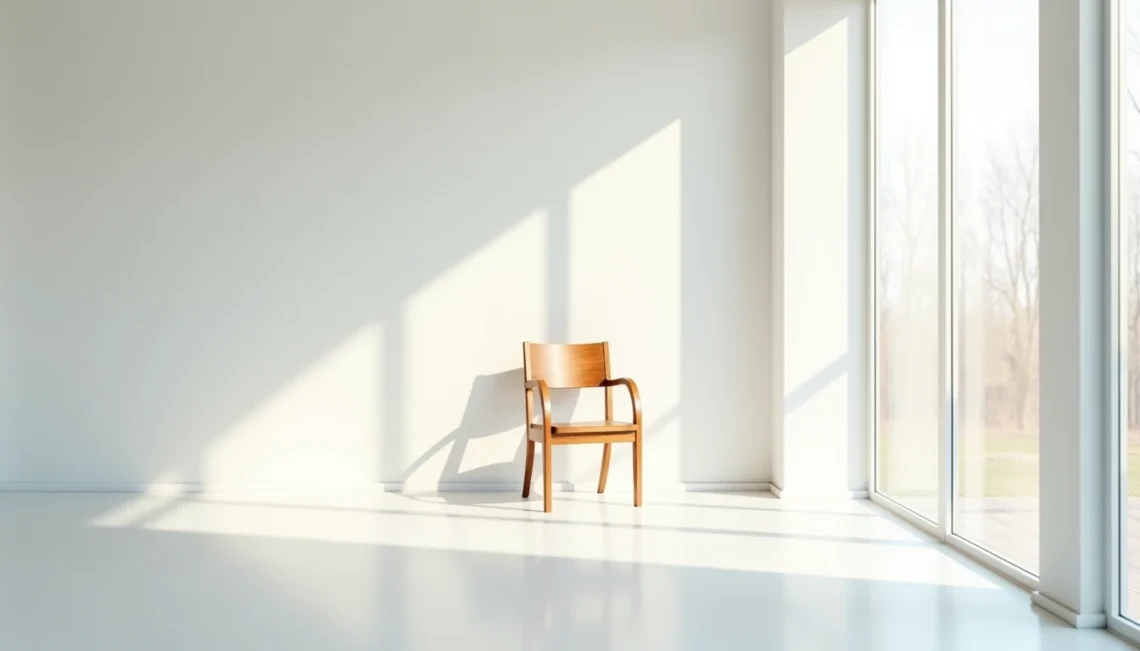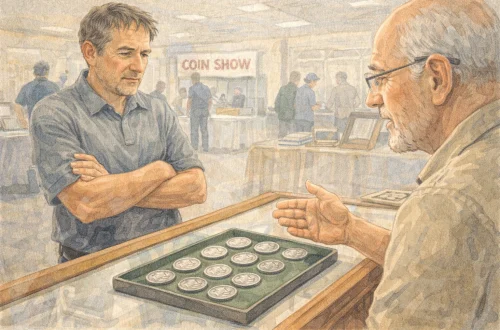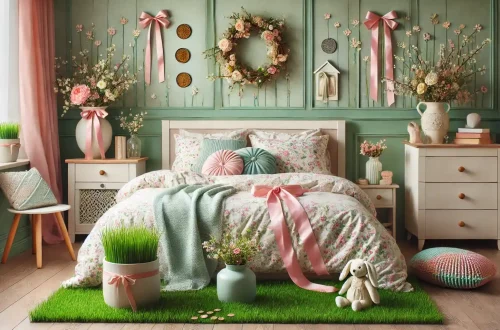Minimalism has become more than a design trend—it’s a movement that redefines how we live, work, and interact with the world. At its core, minimalism is about stripping away unnecessary elements to focus on what truly matters. This approach isn’t just about organizing your space; it’s a philosophy that can transform every aspect of life, from mental health to personal growth. Here, we explore the psychological underpinnings of minimalism and how decluttering can enhance well-being.
The Weight of Possessions
The average American home contains 300,000 items, most of which sit unused or forgotten. This accumulation isn’t just physical; it’s emotional. Every object carries memories, expectations, and associations that tie us to the past. Minimalism challenges this by encouraging a shift in perspective: instead of viewing belongings as security blankets, we see them as tools that should serve a purpose.
Clutter doesn’t just fill up our homes—it fills up our minds. The brain struggles under the weight of excess, leading to decision fatigue and stress. By reducing physical clutter, we free up mental bandwidth, allowing us to focus on what truly matters. This shift isn’t about deprivation but about creating space for joy and purpose.

The Role of Minimalism in Mental Health
Minimalism doesn’t just clean up our surroundings; it cleans up our psyches. Studies show that living spaces with fewer items can reduce anxiety, depression, and feelings of overwhelm. When we eliminate unnecessary distractions, we’re left with clarity—a mental state where thoughts flow more freely.
Decluttering also fosters mindfulness. The act of letting go forces us to reflect on each object’s value. This process mirrors meditation in its ability to bring us into the present moment. By focusing on what truly matters, minimalism helps us cultivate gratitude and contentment, which are key components of psychological well-being.
Minimalism as a Catalyst for Productivity
The connection between minimalist spaces and increased productivity isn’t coincidental. A cluttered environment bombards the brain with stimuli, making it harder to concentrate. Minimalist design eliminates these distractions, creating an atmosphere conducive to focus.
Moreover, minimalism encourages intentional living. When every item has its place and purpose, we’re less likely to get bogged down in menial tasks or indecision. This efficiency isn’t just about saving time; it’s about reclaiming energy for pursuits that bring fulfillment. The result is a life where goals are clear and achievable, fostering a sense of accomplishment.
Minimalism in Relationships
Beyond personal benefits, minimalism can also strengthen relationships. Shared spaces that feel orderly and intentional create a more harmonious environment. When both partners agree on a minimalist approach, they’re less likely to accumulate unnecessary items that lead to conflict.
Additionally, minimalist practices promote communication. Decluttering requires discussing priorities and values, which deepens understanding between individuals. This shared effort can enhance intimacy and mutual respect, making relationships more resilient in the face of challenges.
Minimalism as a Path to Personal Growth
At its heart, minimalism is about simplifying to find truth. By stripping away distractions, we’re forced to confront who we truly are. This process can be uncomfortable but ultimately liberating, as it reveals what’s essential versus what’s been holding us back.
Decluttering also teaches resilience. Letting go isn’t always easy—it involves facing loss and uncertainty. But this practice builds strength and adaptability, qualities that serve us well in life’s unpredictable journey. Minimalism becomes a metaphor for how we approach challenges: by focusing on the core elements of our being.
Minimalism isn’t about erasing the past or denying comfort; it’s about curating experiences that align with our values. By embracing this philosophy, we can create lives that are not only more organized but also more meaningful. The benefits extend far beyond aesthetics—minimalism is a pathway to mental clarity, productivity, stronger relationships, and personal growth. As we continue to navigate the complexities of modern life, minimalism offers a timeless solution: less is more, and simplicity leads to freedom.






